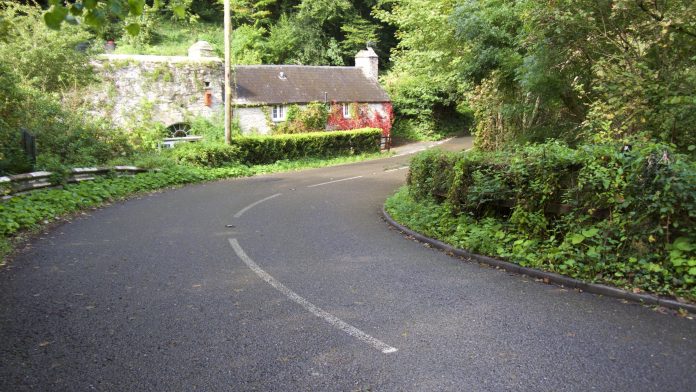New research by the University of East Anglia found that 70% of people with dementia go missing – but why?
While we have discussed different ways of prevention and promising new studies looking at quicker diagnosis, what about those daily activities? What about living with dementia, and the things that can go wrong?
In a philosophical sense, those who deal with dementia go missing all the time. Their memory is sadly eroded, leaving spaces where people and places once resided. But as a condition, memory-loss and impaired judgement combine to create more physical possibilities of harm.
‘A problem worldwide’
The research team looked through 210 police reports of missing people in Norfolk over three years, then cross-examined these cases with local road networks.
Professor Michael Hornberger, from UEA’s Norwich Medical School, said: “People with dementia getting lost or going missing is a problem worldwide. Around 70% of people with dementia may go missing at least once, with some at risk of going missing multiple times.
“Around 40,000 go missing for the first time every year in the UK – and this figure is likely to grow with the projected increase in the dementia population.
“Unfortunately, the first event when people with dementia go missing comes completely out of the blue, when doing such routine activities as going for a walk with the dog or getting the newspaper from the local shop.
“When a person with dementia goes missing, it can have life-threatening consequences. But very little is known about what actually causes people with dementia to go missing.”
‘A person needs to make a critical navigation decision’
PhD student Vaisakh Puthusseryppady, also from UEA’s Norwich Medical School, said: “We know that people with dementia have difficulty navigating so we wanted to see whether there was a relationship between people going missing and the outdoor environment they went missing from.
“We found that the higher the density of road intersections, the more complicated the road intersections are, and the less ordered or less grid-like the overall road network layout, the greater the risk for people with dementia to get lost.
“We think this is because each road intersection represents a point at which a person needs to make a critical navigation decision. The more intersections there are, the more complex these intersections are, and the more disorganised the overall road network is – the bigger the problem for people with dementia.
“This is because these factors can make it more likely for people with dementia to make an error and make a wrong turn, causing them to get lost and go missing.”
The research team hope that their work can create some better safeguarding measures for those caring for people with dementia, especially in places with a more complex road network.








